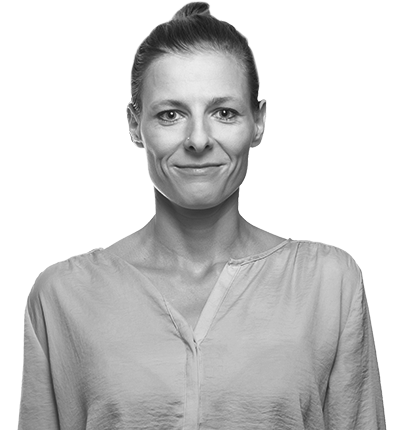We offer photoelectrochemistry and surface photovoltaics traingis for assitants, doctorate students and regular students. The theoretical traings are readily demonstrated in experimental setup with help of our photoelectric spectrometer and a Kelvin probe system.
We provide the following courses:
Photoelectrochemistry
(using photoelectric spectrometer) - 1.5 hours
1. Introduction to (photo)electrochemistry
- principles of electrochemistry
- the nature of electrode reactions in relation to the redox reactions in homogeneous
systems - introduction to photoelectrochemistry
2. Description of the commonly used electrochemical cells with reference to the experimental
methods
3. Description of the experimental methods (basics, procedures, analysis of the obtained results,
examples)
- measurements at equilibrium (potentiometry)
- open circuit potential (OCP)
- measurements away from equilibrium (voltametry, amperometry)
- linear sweep voltammetry (LSV): I-V characteristics
- cyclic voltammetry
- photocurrent measurements
- IPCE (incident photon to converted electron efficiency) measurements
4. Other techniques used for characterization of the semiconductors based on electrochemical and
photoelectrochemical measurements
Surface photovoltaics
(with Kelvin probe demonstrations) - 1 hour
1. Surface states and work function
- physical origin and properties of surface states
2. Contact potential measurements
- standard approach and modern (2016) improvements
- examples demonstrated on a Kelvin porbe
3. Light assisted discrimintation between type p and type n semiconductors with Kelvin probe
- theoretical grounds with explanation of electron transfers to and from surface states and role of Fermi levels
- experimental demonstration of light coupled Kelvin probe at work


